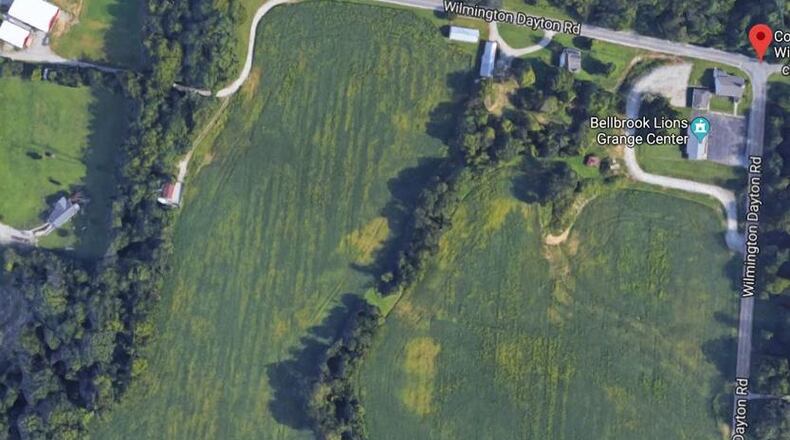Centerville previously has indicated interest in that land and has annexed prime property in the past, such as the Dille Farm that became the Cornerstone development.
The elected township leaders must now also consider the possibility that the 10-year non-annexation agreement the township has with the property owner, Peter Rammel, is not valid.
Oberer’s attorney, Michael McNamee, notified the trustees Feb. 4 that the “agreement is patently unenforceable for several reasons.”
RELATED: Records show Centerville interest in annexing development property, but something changed
Township Administrator Barry Tiffany has said the agreement is binding not only for the property owner, but for any successors during the 10-year period.
Tiffany this week declined to comment on McNamee’s letter “because this case has been tabled and is still before the board of trustees for consideration.”
McNamee’s letter said: “A township does not have authority to enter into non-annexation agreements with private property owners. The only statute allowing a township to enter into a non-annexation agreement at all … is limited to agreements with a municipality.”
In addition, McNamee argues that the agreement is invalid because the township administrator is the only official that signed the document.
“Even if townships did have that authority, a township administrator does not have authority to execute such an agreement on behalf of a township board of trustees … in order to invoke that authority, there must be a specific resolution by the township doing so,” McNamee’s letter reads.
The non-annexation agreement between the township and Rammel was signed in July 2014 and is set to expire in July 2024.
The agreement states Rammel agrees “not to seek and to oppose any annexation of any portion of the properties … comprising of approximately 107.383 acres.” In return, Sugarcreek Twp. agrees not to impose tax increment financing legislation on the same property, according to township records.
“I would caution the board against any reliance on the non-annexation agreement for any purpose,” McNamee’s letter reads.
Public records obtained through a formal request by the Dayton Daily News show the city of Centerville’s former economic development administrator Nathan Cahall had written to Rammel in 2013 expressing interest in annexing his property.
“I have found a residential developer that is strongly interested in purchasing your properties … The developer’s plan would be to have the land annexed into the city of Centerville in order to facilitate a rezoning under Centerville’s zoning standards, which the developer prefers over the township’s zoning limitations,” the May 2013 letter reads.
STAY CONNECTED: Greene County News on Facebook
Residents who oppose the proposed housing development have crowded into public hearings on the issue to voice their concerns. Among them is Megan Simmons, who sees it as “Oberer trying to bring the city to the country.”
Simmons, one of the residents opposed, said McNamee’s challenge to the non-annexation agreement is “a low attempt by Oberer into bullying the trustees to approve the development.”
“The proposed development is not right for the area … and I am hoping we will be able to fight this tooth and nail,” Simmons said.
Trustees will reconsider the rezoning request at their next meeting, March 4.
About the Author
